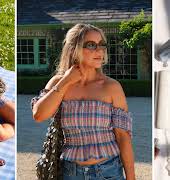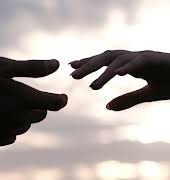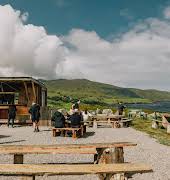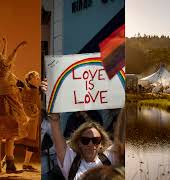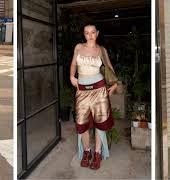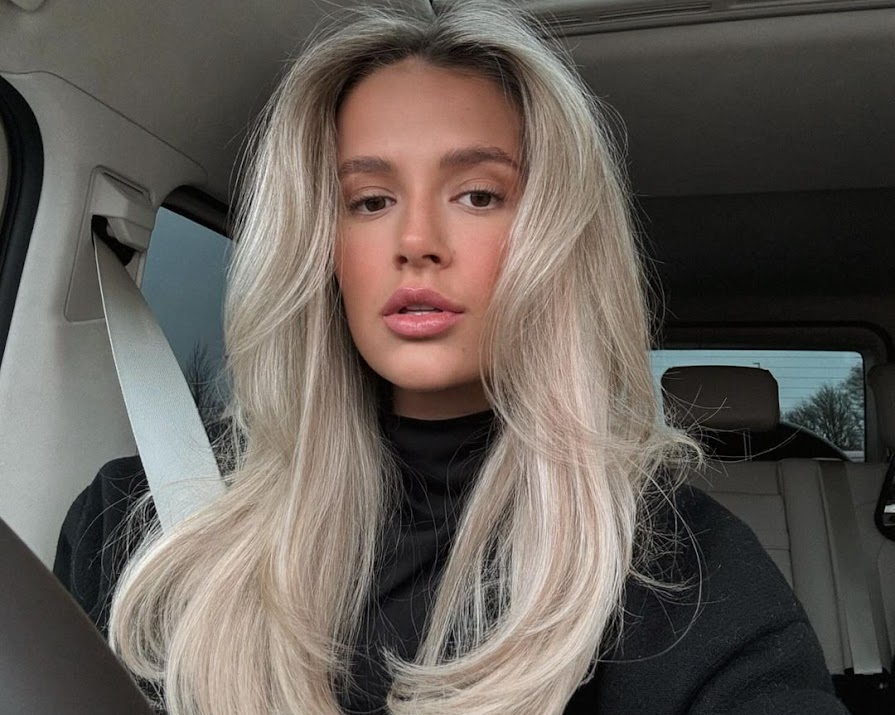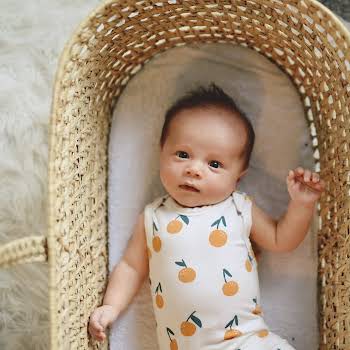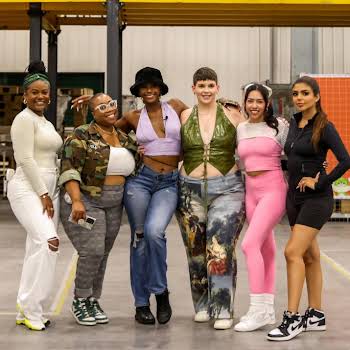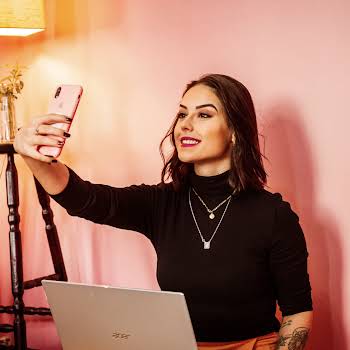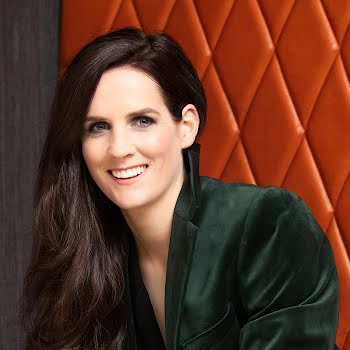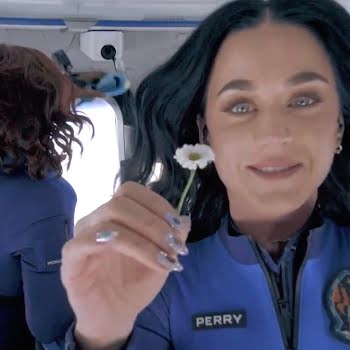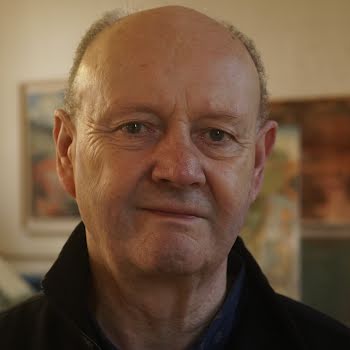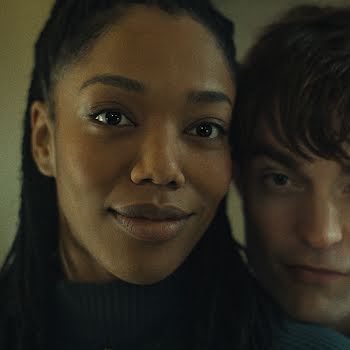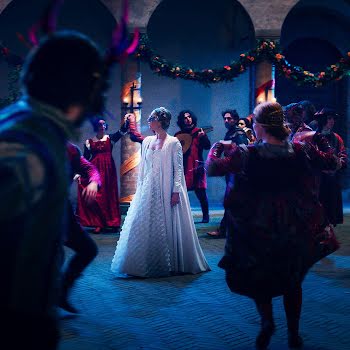
By Amanda Cassidy
31st Mar 2024
31st Mar 2024
On the most benign level, parasocial relationships (one-sided relationships with celebrities or those in the media) can be likened to having an adult imaginary friend, but what happens when things take a dark turn? Amanda Cassidy reports.
I’ve always had a parasocial relationship with Jennifer Aniston, in that I’ve invested emotional energy, interest and time in the actor, and the other party (the persona), is completely unaware of my existence.
It’s ok though. It was mostly a hair thing, if I’m being totally honest.
For generations, we’ve cultivated relationships with people we don’t know – Jason Orange posters on our bedroom walls, Mickey Mouses’ autograph at Disney, turning up at Beyoncé concerts crying because we want to show our persona how much we care.
Parasocial relationships can expand our social networks in ways that avoids the chance of rejection. It can also empower us to escape the strain of real-life relationships.
Over time, so many experiences are shared with favourite media personalities, that we develop an intimacy and friendship with them and feel as if they know and understand us.
Social media changed the landscape for this in a big way. Suddenly we could not only idolise our sports stars or celebrity obsessions, we could reach out to them for the first time.
Twitter started to change that dynamic. I remember the first time a well-known author responded to a friendly comment I’d put under her post.
It was mind-blowing that we’d exchanged communication – like touching a star. As lovely as it was, there’s a more sinister side to these one-sided relationships.
And it involves our kids.
With the rise of e-communities, many of our children watch internet personalities playing video games, or living their lives, which are live-streamed on websites like YouTube.
These performers are referred to as ‘streamers’, and large creators like Ninja have built an enormous following, with millions of users in a relationship with each streamer.
Naturally, it cultivates an inclusive community, which isn’t a bad thing, especially when it comes to building social support and connectedness.
The danger with this perceived connection between the young fans and the streamer is the parasocial relationship that forms over time and which some personas have been accused of capitalising on financially.
It’s been described essentially as a form of gambling promotion to children and has subsequently resulted in the necessity for gambling laws to change in various countries.
I’m talking about the pressure to buy merch, or give a like, or buy whatever strange internet coins they are selling. What is, in effect, a direct conversation with your child, is what sets parasocial relationships aside from my Jennifer Aniston phase.
She wasn’t looking down the camera and asking me to buy her wares. Though, now that I think of it, I did buy her shampoo after she did that ad one time…
Either way, with 24-hour access to these fake friends – it’s necessary to monitor what they are saying, because even if they are not asking your kid to buy something – they may be influencing your child in a way that might not be appropriate. Think Andrew Tate vibes.
Getting lost in these parasocial relationships at the expense of more meaningful connections can also be detrimental to all of our social and emotional development.
Of course, these days it’s not truly one-sided.
Reality television and social media have now allowed viewers to share the most intimate and personal lives of television personas, openly sharing their opinions and activities through various social media outlets such as Twitter and Facebook.
That’s why we feel as if we know them. That’s why it feels so intimate. But don’t kid yourself. These people are not your friends. They are promoting things for payment – the price they pay is exposure; the price we pay is wanting to be just like them but friendship should never be transactional.
This article was originally published in April 2023. Feature image via @mollymae.


